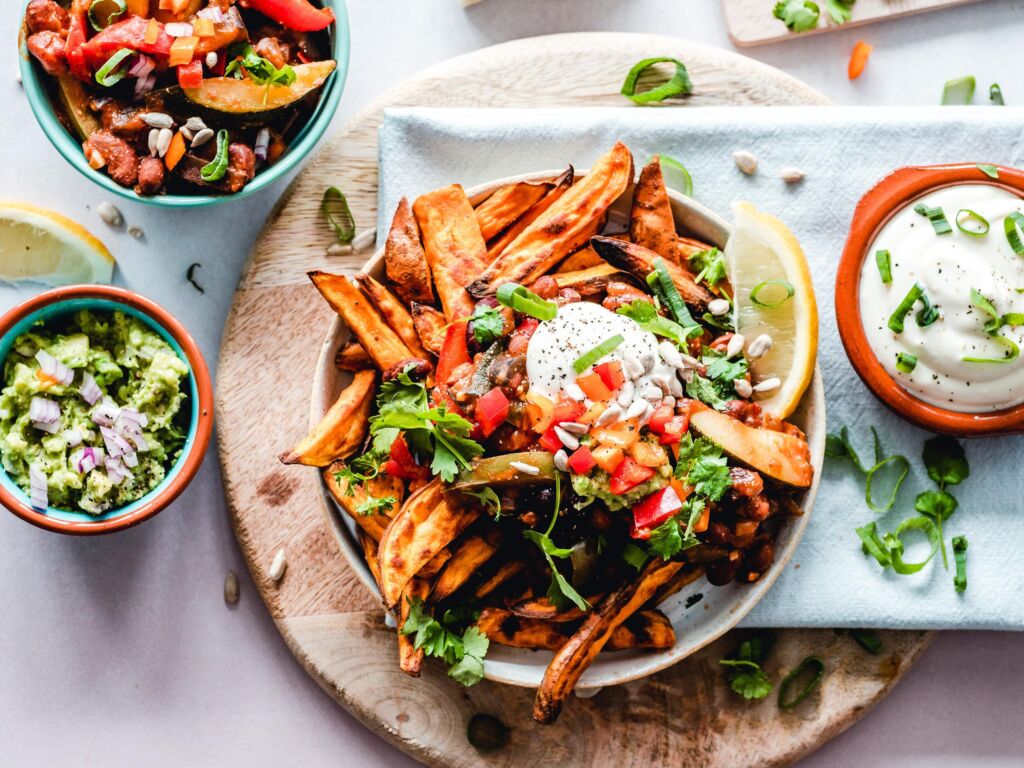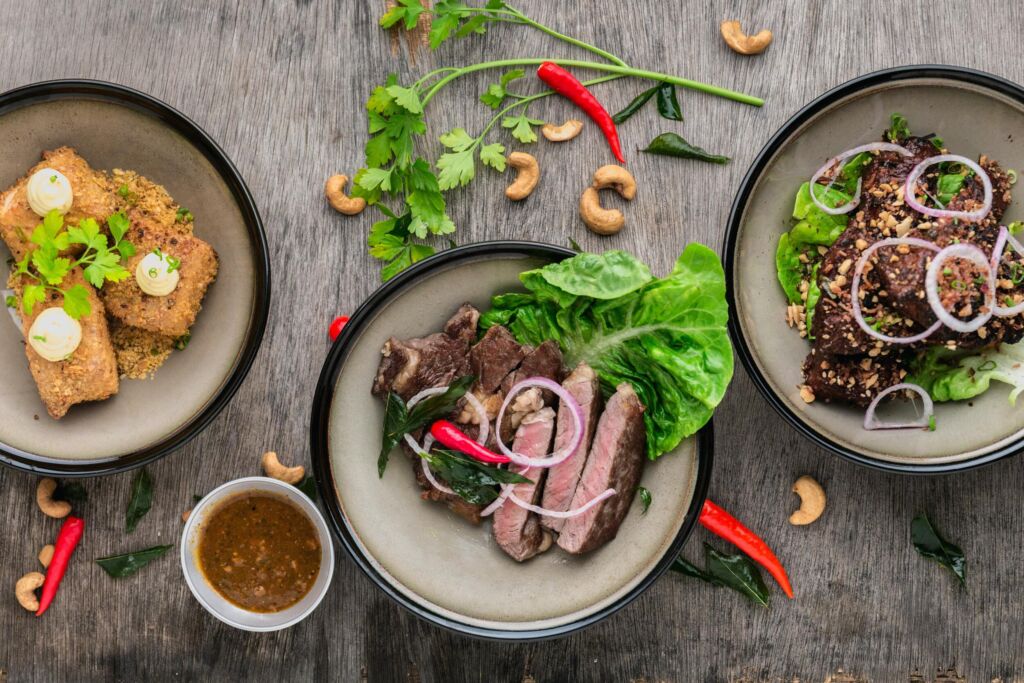“Going Gluten-Free: The Pros and Cons of a Gluten-Free Diet”
Gluten-free refers to a diet that excludes gluten, a protein found in wheat, barley, and rye. Some people choose to go on a gluten-free diet for various reasons, including celiac disease, gluten sensitivity, or as a way to manage symptoms of conditions such as autism or ADHD.
The Good:
- May help reduce symptoms for those with celiac disease or gluten sensitivity
- Can lead to weight loss and improved digestion
- Can improve overall gut health
- This can lead to an increase in nutrient-dense foods
- This can lead to a decrease in processed foods
The Bad:
- Can be more expensive than a regular diet
- Can be difficult to follow in social settings or when eating out
- This can lead to a lack of important nutrients found in gluten-containing foods such as iron, calcium, and vitamin B12
- This can lead to an increase in processed gluten-free foods which can contain more sugar and preservatives
- May not be necessary for those without gluten sensitivities or celiac disease

It’s important to note that for some individuals, going gluten-free can be dangerous. For example, individuals with celiac disease who do not follow a strict gluten-free diet can experience severe health consequences. It’s important to consult with a healthcare professional before making any dietary changes.
When it comes to gluten-free fruits and vegetables, most fruits and vegetables are naturally gluten-free. Some examples of gluten-free fruits include apples, oranges, bananas, berries, and melons. Some examples of gluten-free vegetables include leafy greens, carrots, bell peppers, and potatoes.

When it comes to drinks, most are naturally gluten-free, such as water, juice, tea, and coffee. However, it is important to be aware of any added ingredients that may contain gluten such as malt, barley or wheat. In terms of alcoholic beverages, gluten-free options are becoming more widely available, such as gluten-free beer and wine, as well as gluten-free spirits like vodka and gin.
In conclusion, a gluten-free diet can have its benefits for those with gluten sensitivities or celiac disease, but it’s not for everyone. It’s important to consult with a healthcare professional before making any dietary changes and to be aware of the potential downsides, such as difficulty following the diet in social settings and the potential lack of certain nutrients. And while gluten-free is becoming more mainstream, it’s important to be mindful of processed gluten-free foods, which can be just as unhealthy as their gluten-containing counterparts.


